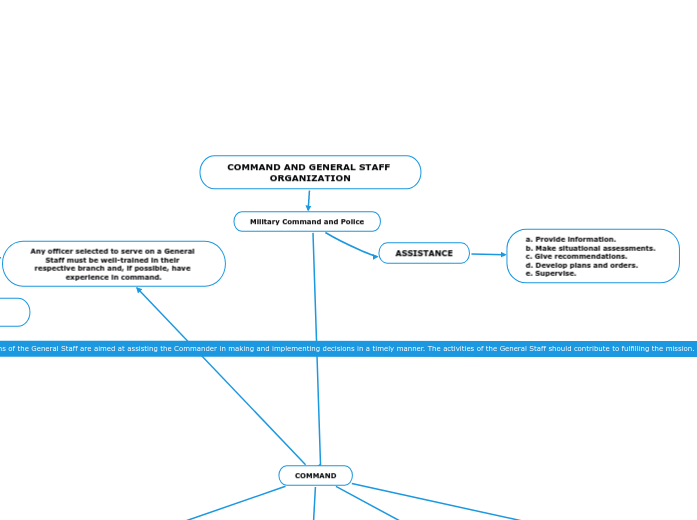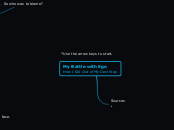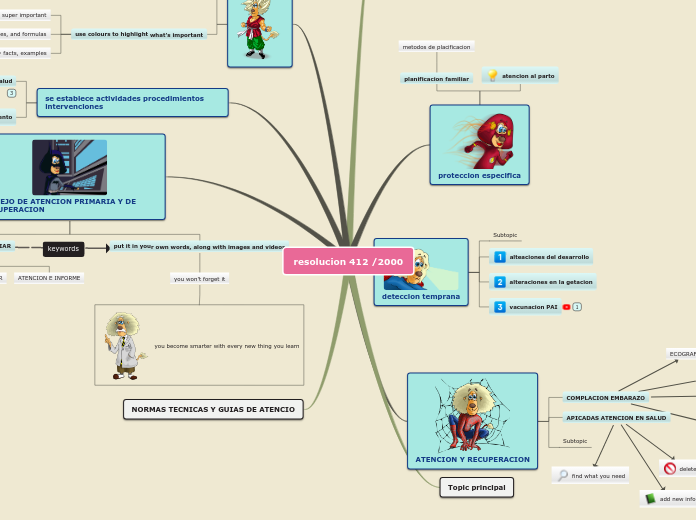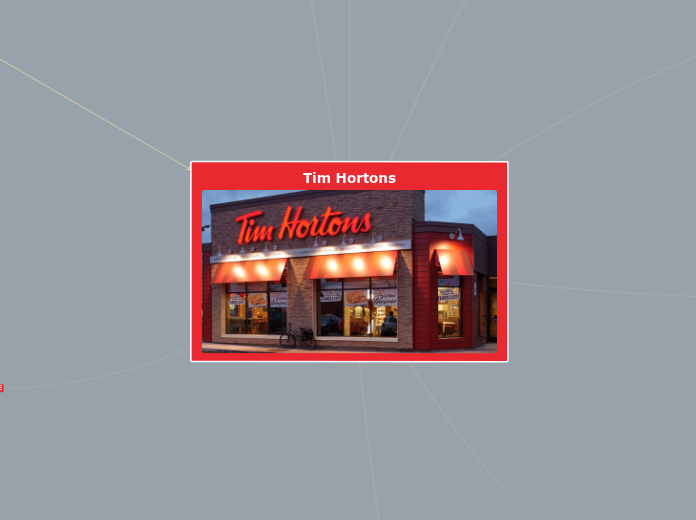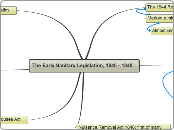Topic flotante
COMMAND AND GENERAL STAFF ORGANIZATION
Military Command and Police
ASSISTANCE
a. Provide information.
b. Make situational assessments.
c. Give recommendations.
d. Develop plans and orders.
e. Supervise.
COMMAND
Any officer selected to serve on a General Staff must be well-trained in their respective branch and, if possible, have experience in command.
Ability, initiative, and discernment; creativity, flexibility, self-confidence, loyalty, teamwork, and communication.
Fostering loyalty and teamwork to achieve common goals.
Building self-confidence to face challenges and take risks.
Promover la flexibilidad para adaptarse a los cambios y desafíos
Encouraging creativity to find innovative solutions.
Develop the ability to make decisions and discern in complex situations.
S4 Administration and Logistics
The Logistics S4 is the principal advisor to the Commander in all aspects of procurement and timely
aspects related to the acquisition and timely supply of the necessary elements for the
necessary for the combat units to accomplish their mission.
mission.
Functional areas or areas of responsibility.
a. Supply.
b. Maintenance.
c. Services
SERVICES
Health
o Plan, coordinate and supervise the use of medical evacuation and organic hospitalization
of medical evacuations and organic hospitalizations,
assigned or in reinforcement of the Unit.
o After technical assistance, recommend the sanitary measures to be taken to prevent
to be taken to prevent infectious, contagious or epidemic diseases.
infectious diseases or epidemics
Engineers
o Plan, coordinate and supervise the use of labor and organic, aggregate or
and organic, aggregate or reinforcement resources of the Unit.
Unit.
o Determine the qualified manpower and civilian labor required to carry out
required to carry out logistical support missions.
Transportation
o To plan, coordinate and supervise the use of organic, aggregated, assigned or
of organic, aggregate, assigned or reinforcement means of
reinforcement of the unit, for tactical or administrative movements of
administrative movements of troops and A.S.P.C. elements.
1) Verify the maintenance status of material and equipment.
2) Recommend maintenance priorities to the Commander.
3) Control the execution of organic maintenance.
4) Oversee the ordering, storage and supply of material necessary for maintenance work.
necessary for maintenance work.
5) Recommend maintenance inspections (Command, Technical and Occasional),
Technical and Occasional)
1) Determine the supply requirements of the different classes for routine operations or for an
for routine operations or for a particular operation.
.
2) Prepare requests for Commander's approval and dispatch to the appropriate supply channel.
2) Prepare requisitions for Commander's approval and dispatch to the appropriate supply channel. .
3) Recommend basic loads and those required in the different classes of supplies.
classes of supplies. .
4) To supervise the receipt, storage, security, distribution and use of supplies. . 5) To arrange for the use of requisitioned, surplus or captured material, the latter in coordination
the latter in coordination with the Intelligence Officer.
S3 Instruction and operations
The Operations S3 is the principal assistant to the General Staff in all matters related to organization, instruction, training and operations.
related to organization, instruction, training and operations. . a. He maintains permanent contact with the units that are in operations.
operations. .
b. Maintains a permanent record of the development of operational activities
operational activities (operational file).
a. Organization
b. Instruction and Training.
c. Operations.
1) Develops and maintains the basic troop organization (TOE).
( TOE ), permanently reviewing the allocation of the number and type of units
type of units required for mission accomplishment. .
2) Recommends the organization and equipping of units and establishes priorities in the
in the system of unit replacements. .
3) Requests or recommends the assignment, aggregation, or segregation of units, in accordance
units, in accordance with the priorities established by the Commander and in
Commander and in coordination with the other members of the General Staff.
Staff.
1). Identifies instruction and training requirements based on the unit's combat and garrison
based on the unit's combat and garrison missions and with the level of
the level of training of the troops .
2). Ensures that Instruction and training requirements for Combat are geared to the
and training requirements are geared to the conditions and demands of the area of operations and the tactical situation.
operations and the tactical situation.
.
3). Prepares and supervises the Programs, Directives, Plans and Orders for the execution of Instruction and
for the execution of Instruction and Training,
1) Keeps updated in coordination with the other members of the General Staff.
Staff the operations assessment.
.
2) Prepares, coordinates, authenticates and publishes operations plans and orders and reviews unit plans and orders.
and orders and reviews plans and orders of subordinate units.
a) Combat organization and missions for subordinate units.
Subordinate Units. .
b) Integration of fire and maneuver. .
c) Employment of combat support elements in coordination with the maneuver plan.
coordination with the maneuver plan.
S2 Intelligence
The S 2 Intelligence must keep the Commander, the General Staff, and the subordinate Units informed about how the weather, the terrain, and the enemy can impact the mission's success.
a. Intelligence Production.
b. Use of information and intelligence.
c. Counterintelligence.
d. Intelligence training.
e. Administration.
f. Miscellaneous functions or
The Intelligence production area includes the collection and processing of information to transform it into intelligence and
processing of information to transform it into intelligence and disseminate it through
disseminate it through the following activities
1) Maintain an updated intelligence situation assessment in coordination with the other staff officers.
coordination with the other staff officers
3) To recommend E. E. I. and 0. R. I.
5) Supervise and coordinate such activities, including:
aerial surveys, interviews of prisoners of war, civilian internees, refugees and displaced
interned, refugees and displaced persons
2) To elaborate the intelligence preparation of the combat field (P.I.C.C.) before and during the combat in order that the Commander
(P.I.C.C.) before and during the combat so that the Commander can “Form a clear idea
the Commander can “Form a clear idea” of the situation in the area of operations.
operations
4) Prepare plans, orders and requisitions for all collection activities.
collection.
6) To supervise the establishment and operation of ground and aerial observation posts in all
and aerial observation posts in all subordinate units, in coordination
in coordination with the Operations Officer.
S1-Human Talent
The S1 personnel officer is the main advisor to the Commander on personnel management, a role that extends to the other staff officers through recommendations on handling their respective areas.
1) Staff. The Personnel Officer gathers information about the staff situation and the estimated losses.
2) Reports, Assessments, and other Personnel Documents. The Personnel Officer prepares assessments, reports, and generally any documents related to personnel that the situation requires.
1) Military Personnel Procedures. Recruitment, classification, assignment, reassignment, promotions, transfers, retirement, and separation.
2) Prisoners of War. The personnel officer is responsible for the distribution, protection, processing, evacuation, discipline, and repatriation of prisoners of war and civilian detainees.
3) Civil Personnel. Administration and utilization of civilian personnel, in coordination with the civil affairs officer.
a. Maintenance of personnel.
b. Management of staff.
c. Human potential.
d. Development and maintenance of morale.
e. Health services.
f. Maintenance of discipline, law, and order.
g. Safety and accident prevention.
h. Internal management of P.D.M.
i. Miscellaneous.
1) Provides human resources to the Subordinate Commands.
2) Assesses the capabilities and conditions of human potential.
3) Brings in staff according to the requirements.
4) Implements occupational health programs to enhance the potential of human talent.
